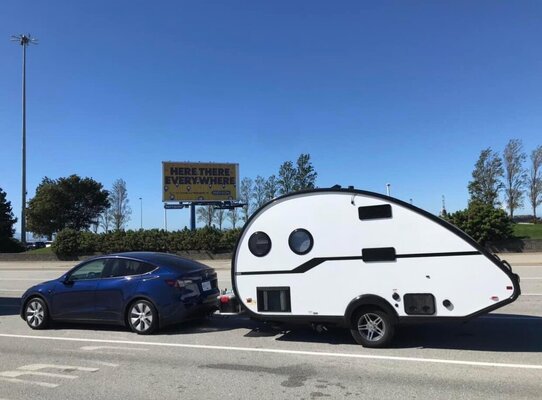We did buy an EV, a 2024 BMW iX xDrive 50. Actually, we leased it because we are uncertain about holding the bag on an EV in a landscape of quickly changing technology, charging, uncertainty about the residual value in 3 years, and uncertainty if we'd even enjoy it. This is the first and probably only time we'll ever lease a car. The goal was not to save money, the earth, or anything else, we added it to our fleet simply because we wanted to experience an EV. We're car guys.
So far, we love it. We've driven it on an 800 mile round trip to Idaho and back in freezing temperatures. We took it with us to California for our winter travels. It's a hoot to drive, very comfortable, no real issues charging, and we haven't had any range anxiety, much like one wouldn't feel much range anxiety with a gasoline vehicle with 250-300 miles of range. Advertised range is 324 miles, and we achieve that or more.
We own other gas vehicles and now prefer to drive the EV for all non-leisure driving, and sometimes, even that too. We put in a home charger ourselves, couple hundred bucks, and a Saturday afternoon.
It can tow some, but we don't tow with it, it's a passenger car. As a car guy I love the performance. I mean, LOVE IT. Owning an EV should be fun and this car delivers that in spades. It's also the most comfortable car we've ever had.


